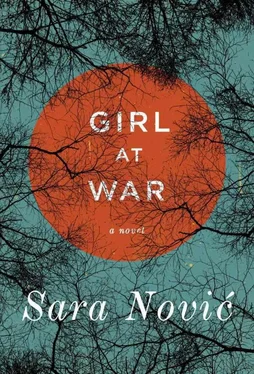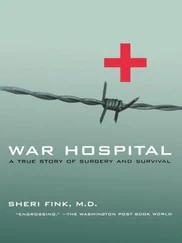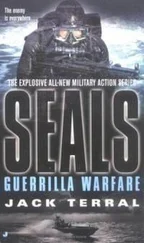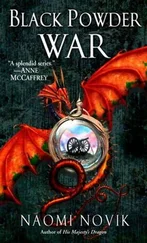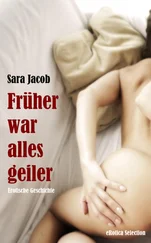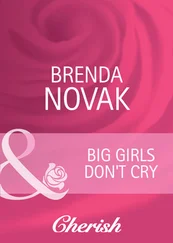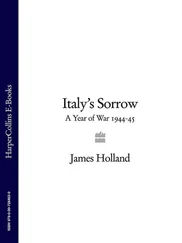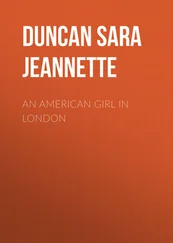One of them was banging things around on the desk. “Besides,” my father said after a while. “I’ve already applied. For all of us.” I only vaguely understood the rules of passports and visas, what an attempt at obtaining them implied, but I knew better than to interrupt an argument. Instead I wrapped Rahela in an extra blanket, tugged at the doors still fortified with a double layer of X tape, and escaped out onto the balcony. The view from nine stories up spanned most of the city. A cluster of skyscrapers on the far right was a representative sampling of Zagreb’s more modern, uglier architecture. They were the Braća Domany towers, though no one seemed to know any Domany brothers or why they had apartment buildings named in their honor. The complex housed so many people it was a citywide joke that if you couldn’t track down an acquaintance, sending a letter in the general direction of the towers would suffice.
On the left, the twin peaks of Zagreb Katedrala stretched taller than all the surrounding buildings. I couldn’t remember a time when the cathedral wasn’t at least partly swathed in scaffolding and tarps, but that only added to its sense of majesty, its wounds a physical manifestation of the sorrows and confessions of the city. In nights before the war, two spotlights lit the stone towers in dual rushes of warm gold. Now, with the lights quelled in anticipation of a blackout, it was difficult to pinpoint the boundary between the spires and the night sky.
The hint of smoke still hung in the air, but the cloud over the upper town was slowly receding. I lay down on my back, pushed my legs between the metal slats of the railing, and hugged Rahela to my chest. She was awake but quieter now. Being out on the balcony always made me feel better when I was upset, and I wondered if she felt that, too.
After a while my mother called me back inside, scolding me for taking Rahela out in the cold. I tried to think of my mother the way she was before my sister was born, whether she had always been annoyed with me, but found it difficult to remember a life that did not revolve around a crying baby. “You’ve gotta get better,” I whispered to my sister. I wanted it as much for myself as for her, and felt guilty when I realized it.
I handed Rahela to my mother, and she shut the bedroom door. After a few minutes, my father came in and sat down at the piano. He played the first few bars of a Springsteen riff that had been popular before the war, then hit a wrong note and stopped. In happier times he’d played often; he’d take the pile of yellowing sheet music from inside the bench and let me pick a song. It was never perfect but always recognizable, and he’d never had a lesson.
Music, I’d heard him say, was like dessert. He could live without it, but life just wasn’t as good. Some nights when I was supposed to be doing homework, my father and I would take the cassette player down from the shelf and put it in the middle of the living room floor. When a song we liked came on the radio, we’d stop whatever we were doing, rush back to the living room, and dive at the cassette player like football goalies, arms flailing. One of us would push the Record button as we landed in a mess of rug burn and overenthusiastic athleticism. Then, before I was sent to bed, we’d add the new songs to the label and put the stereo back on the shelf, carefully filing the tape into our collection of songs missing the first ten seconds. Sometimes if a tape broke we would pull out its filmy, iridescent insides and stretch them around the room, running and laughing, our shins knocking against furniture legs. My mother, who called to us impatiently throughout most of our other attempts at procrastination, never interrupted these giddy dissections.
But tonight when my father turned on the radio it was only static. “They bombed Sljeme, too,” my father said. “Tried to take out the signal tower.” He twisted the tuning knob all the way in both directions before switching it off. I heard his breathing fall into a rhythmic cycle and he began to hum, a new song that had been floating through Zagora’s hills, the anthem of the Croatian soldiers in the east. “Nećete u Čavoglave dok smo živi mi.” You’ll never get to Čavoglave — not while we’re alive.
“Nećete u Čavoglave dok smo živi mi!” I joined in.
“Be quiet,” said my mother through the wall.
“Dok smo živi mi!” my father yelled back at the bookshelf. I giggled. My mother was in the kitchen now, banging dishes together, and my father’s smile faded. “Time for bed, Ana,” he said.
“Sing the rest first,” I said as I stretched my sheet and blanket across the couch. He looked over his shoulder for my mother, then turned off the lamp and whispered it to me in the dark.
—
In the morning the police built the sandbag walls. I stood on the balcony before school and watched as they sealed off the roads into the city. They heaved the bags bucket-brigade-style into neat, crosshatched stacks, with men on stepladders straightening out the higher sections.
The sandbags were supposed to be strongholds we could stand behind and shoot from if the Serbs came to capture us. But instead of a sense of safety, the barricade imparted an air of naïveté. It was as if we believed a flood of tanks was like a flood of water and could be stopped by a pile of sacks. It was as if we’d never seen the footage of the tank plowing over the little red Fićo in the streets of Osijek, of an army truck crushing a passenger bus into a ditch on the side of the road. It was as if it never occurred to anyone that blocking the incoming roads was the same as blocking the escape routes.
But already yesterday’s fear had grown stale, and my friends and I decided to meet at the nearest blockade after school; it begged to be climbed, so tall and alluring it might as well have been a jungle gym. By the end of the week we’d absorbed the sandbags into our playscape. War quickly became our favorite game and soon we had given up the park altogether. We gathered near the sandbags because the lines were predrawn. If we could convince enough people to be Serbs we’d play teams, Četnici versus Hrvati, which meant you only got one life, and when you died you had to stay dead. The game was over when one team had killed the other in its entirety. Other times, we played every-man-for-himself war, in which you got three lives and everyone got to kill everybody else indiscriminately.
In both versions, the idea was to kill a person by shooting him with your imaginary gun; a block of wood or empty beer bottle served as a good stand-in. It was essential to make eye contact with the person you were killing, so as to avoid discrepancies. There were also two subcontests within each game. One was who could make the most realistic machine-gun sound effects; top players could distinguish between a Thompson, a Kalashnikov, and a Zbrojovka. Luka usually won. The second was who could act out the best death. If there had been points, players would have been awarded extra for a slow-motion fall. Postmortem twitching or delusional babbling was also a plus, if it wasn’t too dramatic. Those who died with their limbs bent in unnatural angles and could hold their positions the longest were the winners.
—
Even if the sandbags might have been useful against an outside attack, they couldn’t protect us from those already inside the blockade. There were stories that Serb civilians in Zagreb had taken matters into their own hands, mixing explosives in their kitchens. They booby-trapped household items and left them on sidewalks; Matchbox cars and ballpoint pens were their favored vessels. Mate swore they nearly got him with a beer can, which caught fire when he kicked it. It burned the cuff of his pants but sputtered out instead of exploding, he said, and we weren’t sure whether to believe him. But our teacher seemed to take the stories seriously, reminding us each afternoon that we were never to pick anything up off the street, no matter how shiny. A hard lesson for an already frugal population under pressure of rations.
Читать дальше
